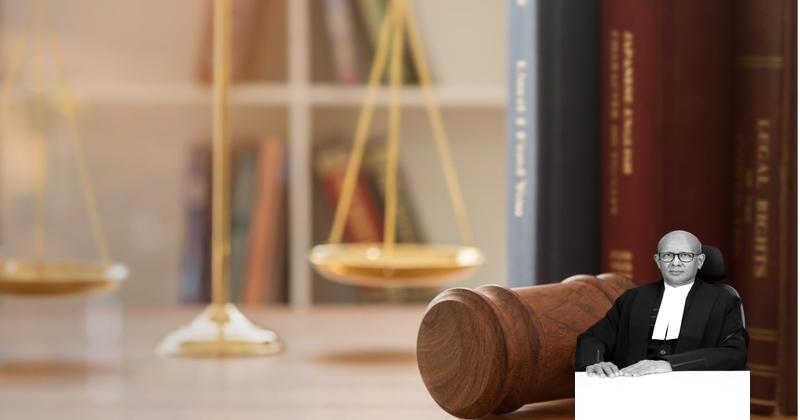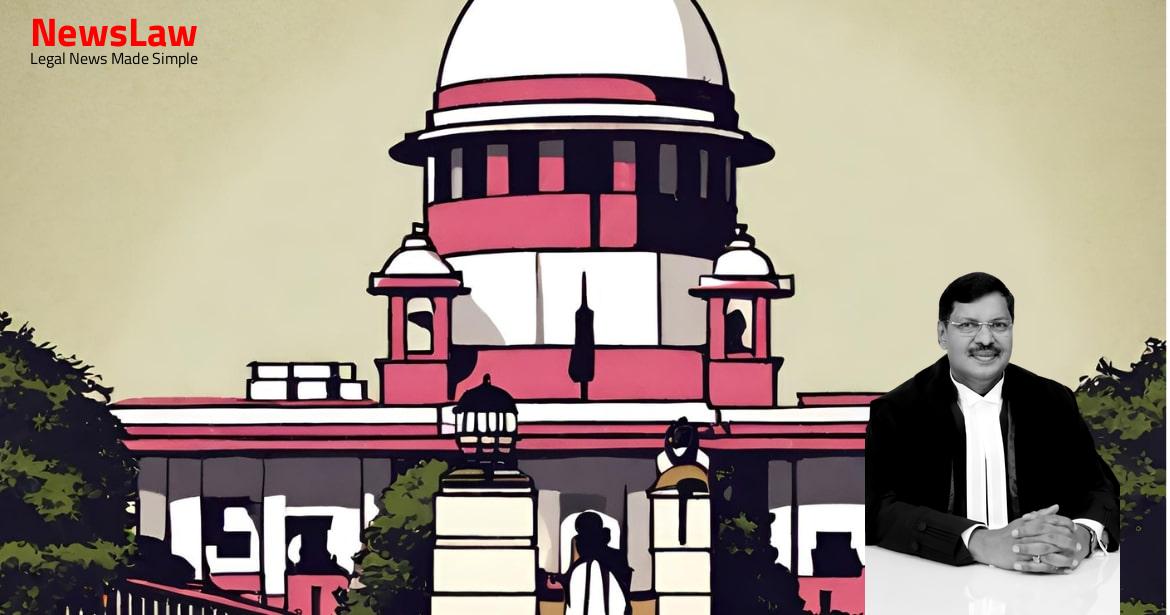By judgment dated 18.02.2013 in Sessions Case No 01 of 2013, the learned Additional Sessions Judge (Special Fast Track Court), Dwarka Courts, New Delhi, held the appellant guilty under Sections 376, 377 and 506 IPC.
As the scope of this appeal has been restricted to the sentence imposed upon the appellant, we need not dilate on or deal with the issues raised vis–vis the merits of his conviction for the offences under Sections 376, 377 and 506 IPC. Section 377 IPC states that whoever voluntarily has carnal intercourse against the order of nature with any man, woman or animal shall be punished with imprisonment for life, or with imprisonment of either description for a term which may extend to 10 years, and shall also be liable to fine. Union of India, a Constitution Bench endorsed this view and affirmed that a life sentence is nothing less than life-long imprisonment and would last until the last breath.
It was observed that, in the States of Karnataka and Bihar, remission is granted to life convicts by ‘deemed’ conversion of life imprisonment into a fixed term of 20 years by executive orders issued by the State Government, flying in the face of a long line of decisions by this Court, and no provision of law exists sanctioning such a course. It was observed that, if the option is limited only to two punishments – one, being a sentence of life imprisonment, for all intents and purposes, of not more than 14 years, and the other, death, the Court may feel tempted and find itself nudged into endorsing the death penalty and such a course would indeed be disastrous. It was therefore held that a far more just, reasonable and proper course would be to expand the options and to take over what, as a matter of fact, lawfully belongs to the Court, i.e., the vast hiatus between 14 years’ imprisonment and death, and substitute a death sentence by life imprisonment or by a term in excess of 14 years and, further, to direct that the convict must not be released from prison for the rest of his life or for the actual term as specified in the order, as the case may be. It was further observed that no prohibition is prescribed in the Penal Code, or for that matter any provision where death penalty or life imprisonment is provided for, that 8 imprisonment cannot be imposed for a specific period within the said life span and, when life imprisonment means the whole life span of the person convicted, it cannot be said that the Court which is empowered to impose the said punishment cannot specify the period up to which the said sentence of life should remain, befitting the nature of the crime committed. It was further held that the power to impose a modified punishment within the punishment provided for in the Penal Code for such specified offences can only be exercised by the High Court and in the event of further appeal, by the Supreme Court, and not by any other Court in the country. 9 No doubt, the Delhi High Court confirmed the sentence passed by the learned Additional Sessions Judge but mere affirmation of the hollow exercise of a power, that was not conferred, by the learned Additional Sessions Judge does not qualify as an independent exercise by the High Court and would not suffice in terms of the legal requirement.
Further, Section 376(3) has been inserted in the statute book and it provides that whoever commits rape on a woman under 16 years of age shall be punished with rigorous imprisonment for a term which shall not be less than 20 years, but which may extend to imprisonment for life, which shall mean imprisonment for the remainder of that person’s natural life, and shall also be liable to fine.
Also Read: https://newslaw.in/case-type/civil/conflict-in-internal-organization-of-police-force-legal-analysis/
Suffice it to state, at this stage, that this Court is mindful of the fact that the lawmakers deemed it fit and appropriate to provide for more stringent punishment for the offence of rape in certain circumstances and made it clear that when imprisonment for life is imposed upon the perpetrator of the offence in those situations, such a perpetrator would be liable to remain in prison for the remainder of his natural life. Pertinent to note, this was not a case where death sentence was imposed and thereafter commuted to life imprisonment, as was the case in Swamy Shraddananda ( supra ) and V.
While noting that the power to impose a modified punishment providing for a specific term of incarceration or till the end of the convict’s life, as an alternate to death penalty, can be exercised only 13 by the High Courts and the Supreme Court and not by any other Court, in terms of the law laid down in V. However, when a Constitutional Court finds that though a case is not falling in the category of ‘rarest of the rare’ case, considering the gravity and nature of the offence and all other relevant factors, it can always impose a fixed-term sentence so that the benefit of statutory remission, etc. By way of abundant caution and as per the prescribed law of the Code and the criminal jurisprudence, we can assert that after the initial finding of guilt of such specified grave offences and the imposition of penalty either death or life imprisonment, when comes under the scrutiny of the Division Bench of the High Court, it is only the High Court which derives the power under the Penal Code, which prescribes the capital and alternate punishment, to alter the said punishment with one either for the entirety of the convict’s life or for any specific period of more than 14 years, say 20, 30 or so on depending upon the gravity of the crime committed and the exercise of judicial conscience 14 befitting such offence proved to have been committed.”
Hence, we have no manner of doubt that even in a case where capital punishment is not imposed or is not proposed, the Constitutional Courts can always exercise the power of imposing a modified or fixed-term sentence by directing that a life sentence, as contemplated by “secondly” in Section 53 of the IPC, shall be of a fixed period of more than fourteen years, for example, of twenty years, thirty years and so on.
The question would then arise as to whether the power to pass a modified sentence of life imprisonment would be available to the High Courts and this Court even in cases where the law does not prescribe the death sentence as one of the punishments and limits the maximum punishment to imprisonment for life with nothing further, as in the case on hand. Sriharan (supra), the majority opinion noted that there is no prohibition in the Penal Code, where death penalty or life imprisonment is provided for, that imprisonment cannot be imposed for a specified period within the said life span and when life imprisonment means the whole life span of the convict, the Court which is empowered to impose the said punishment would also have the power to specify the period up to which the said sentence of life should remain, befitting the nature of crime.
Sriharan (supra) with regard to special category sentencing to life imprisonment in excess of 14 years by fixing a lengthier term would be available to the High Courts and this Court, even in cases where the maximum punishment, permissible in law and duly imposed, is life imprisonment with nothing further. We must, however, hasten to add that exercise of such power must be restricted to grave cases, where allowing the convict sentenced to life imprisonment to seek release after a 14-year-term would tantamount to trivializing the very punishment imposed on such convict.
Case Title: RAVINDER SINGH Vs. STATE (2023 INSC 426)
Case Number: Crl.A. No.-001031-001031 / 2023



